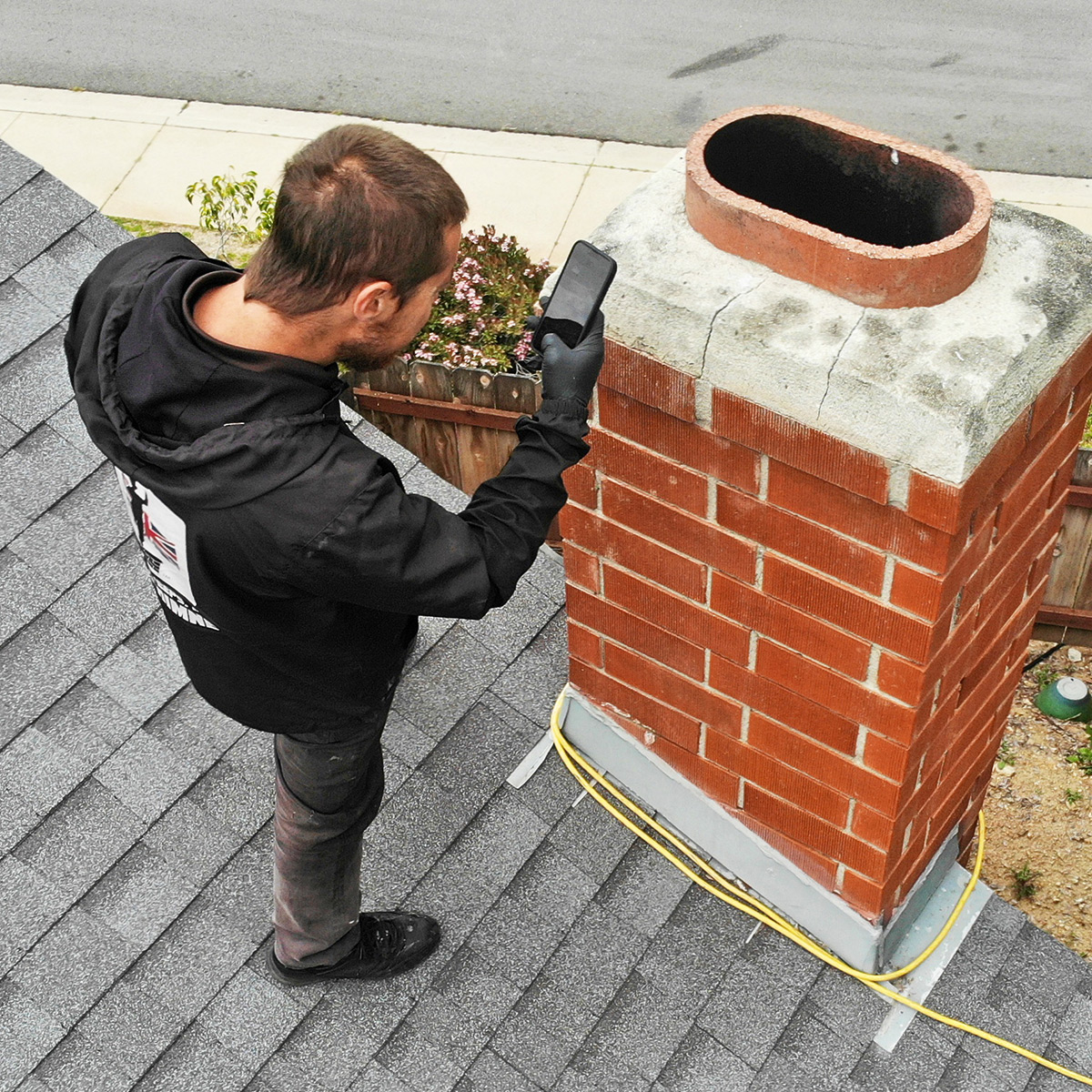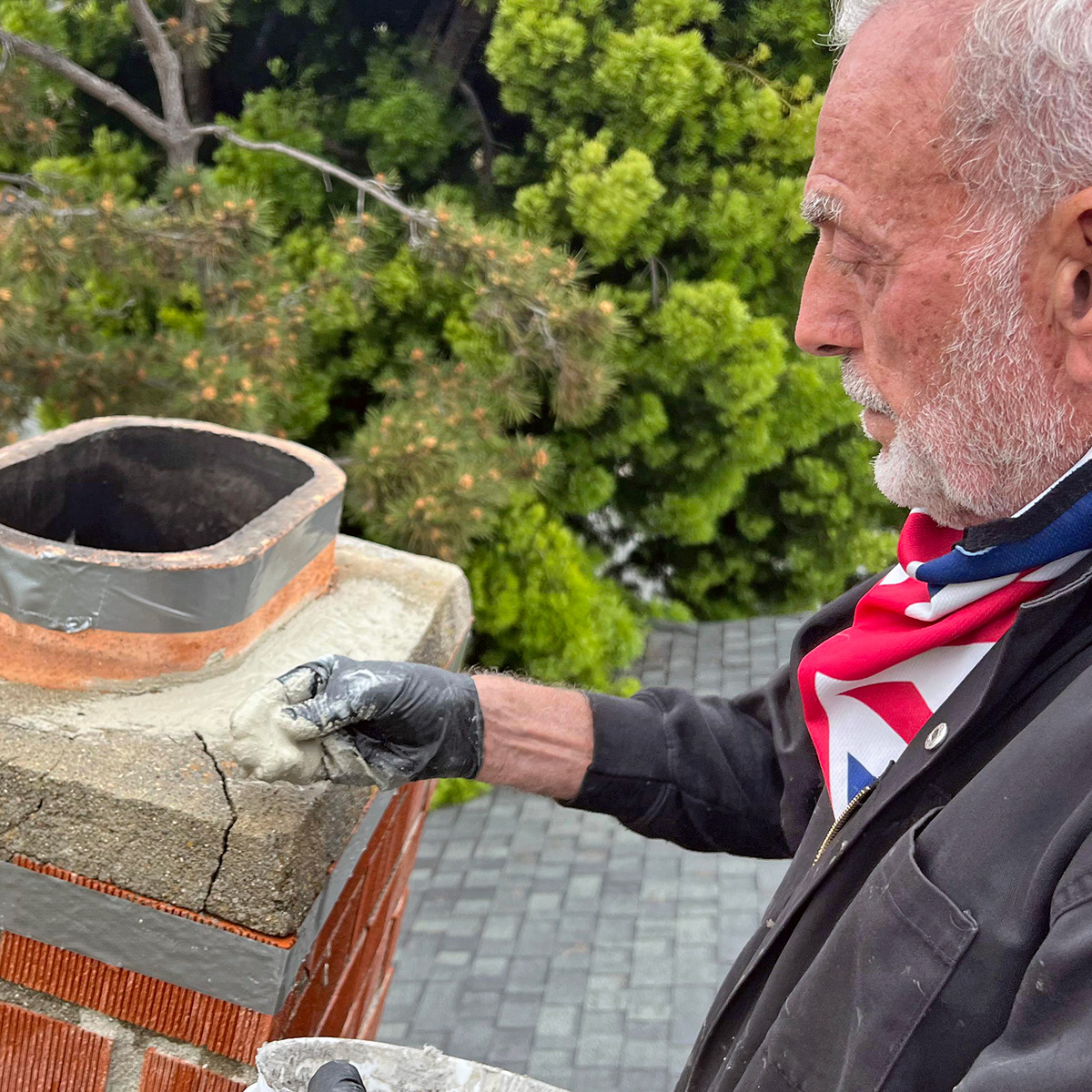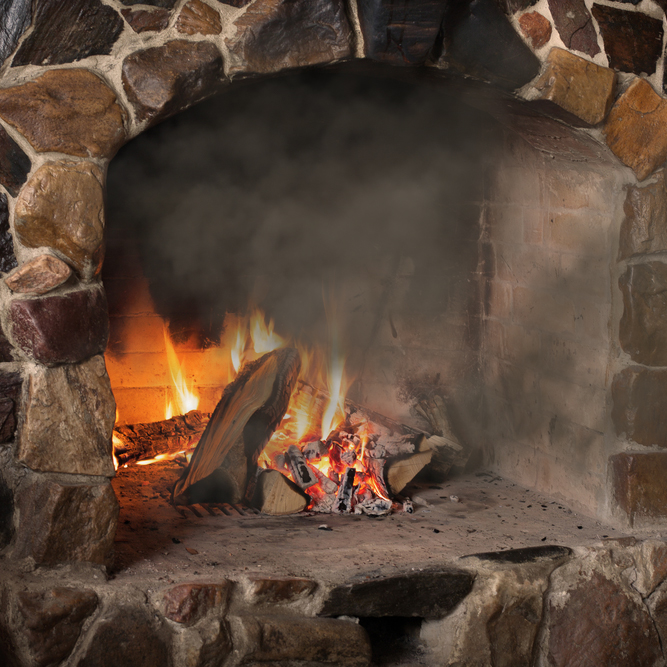How To Tell If You Need a Chimney Restoration
You probably don't pay much attention to your home's masonry chimney. It's there day in and day out like a mountain or ocean; you take for granted that it has withstood the test of time. Unfortunately, your chimney is more like the Grand Canyon; it will be worn down by water and baked by the sun. If you haven't looked at your chimney recently, here is how to tell if it needs restoration.
Signs Your Chimney Requires Restoration
Cracked Mortar Joints
Spotting cracked or missing mortar joints between bricks should be a significant red flag. When the mortar in your chimney deteriorates, the bricks become vulnerable to water damage, and the chimney structure can weaken. Water damage can wreak havoc throughout the structure of your chimney; read on to understand.
Spalling Bricks
Spalling occurs when water penetrates bricks, concrete, or natural stone and causes the surface to peel off, pop out, or flake off. If you notice fragments of masonry around the base of your chimney, it's a sign of spalling, and it needs to be repaired right away to prevent additional damage.

White Staining (Efflorescence)
Also known as efflorescence, white staining is a clear sign that moisture has penetrated your chimney's masonry. While you might be tempted to brush this off as simply a cosmetic issue, it's a sign that severe water infiltration has occurred and requires immediate action.
A Rusted Firebox or Damper
If you notice rust on your fireplace's firebox or the damper, it's a sign of excess moisture in your chimney. Rust can cause the damper to fuse and keep it from opening and closing, making your fireplace inefficient and potentially dangerous.
A Damaged Flue
Your chimney flue is crucial for the safe operation of your fireplace. If you see thin, broken tile pieces in the bottom of your chimney or hear a rattling sound, it may indicate a damaged flue. The solution is to install a new chimney liner. A damaged chimney liner can cause chimney fires or even cause a fire in your attic and allow deadly gasses to enter your home.
A Cracked Crown
The chimney crown, the concrete top of your chimney, is essential for keeping water out of your chimney structure. If you notice cracks, it's best to repair them before water infiltrates the chimney, leading to more severe damage.
Wallpaper Damage or Water Stains
If the wallpaper or paint near your chimney is discolored or peeling, or there are water stains in the ceiling near the fireplace, it could indicate water damage. It's a sign that you need chimney repairs to prevent further structural and aesthetic damage to your home. If left unattended, it can cause mold to build up in your walls or attic, which can bring a host of health issues.
An Unpleasant Smell
A properly functioning chimney shouldn't produce a noticeable odor. If you're experiencing a strong, unpleasant smell, it's a potential sign of creosote deposits, a blocked chimney, moisture-causing mold, or other structural issues.
In Conclusion
While the above signs will help you detect common chimney issues, regular inspections and maintenance by a certified chimney sweep service are critical for keeping your chimney in good shape. Chimneys should be inspected annually by a chimney expert because some signs of damage may not be readily noticeable to the untrained eye. So, look out for these signs, and remember to schedule regular chimney maintenance to keep your home safe and your fireplace working.

Chimney Sweeps, Inc Can Spot Chimney Damage
If you have any signs of chimney damage, get in touch immediately. Our chimney sweeps have the experience and training to restore your chimney, so it's like new. Call now to schedule a time for us to inspect your chimney at 619-593-4020 or complete our easy contact form. One of our chimney experts will be happy to discuss the restoration of your chimney and its upkeep.
Smoke in Your House
If smoke is filling your house instead of going up and out of the chimney, there may be an issue with the chimney structure, liner, or creosote buildup.
Creosote is a highly flammable residue that can cause a chimney fire. It's best to have the chimney inspected and cleaned by a professional chimney sweep service.



